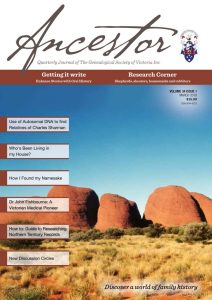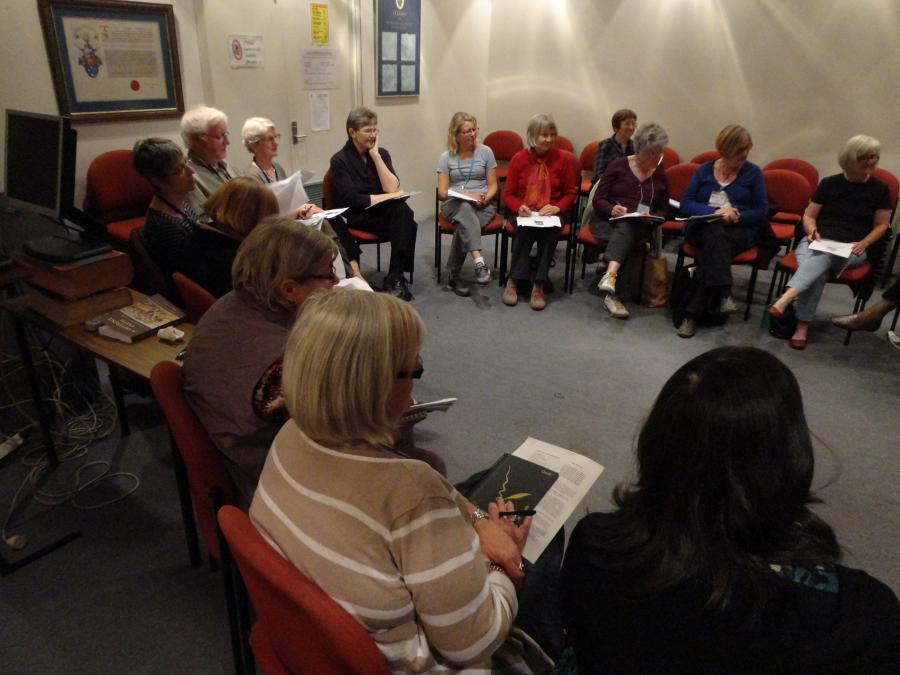8 weeks to go - to enter for the 2019 GSV Writing Prize!
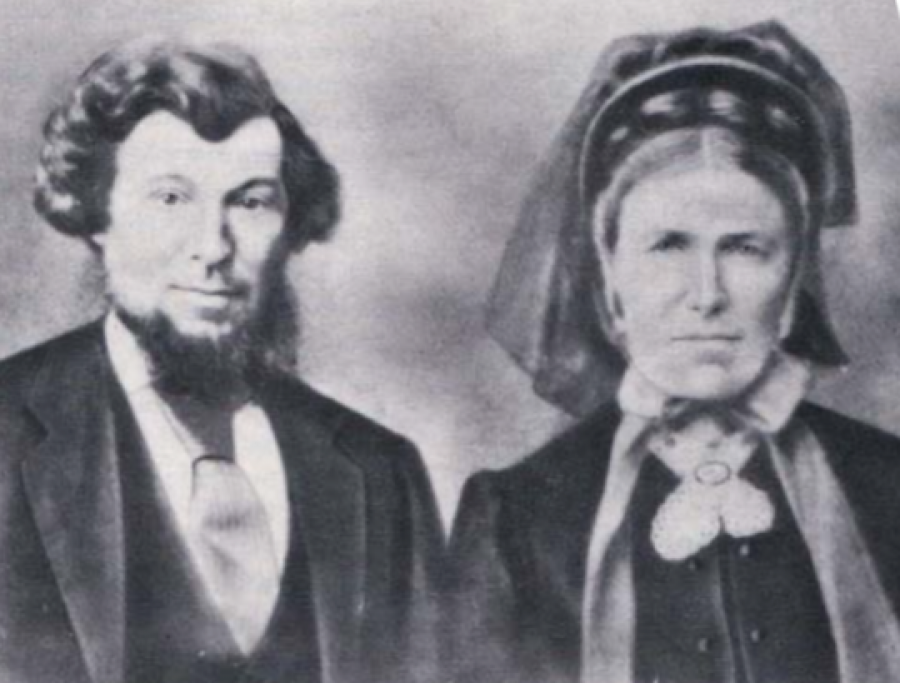
8 weeks to go! Enough time to finish off that family history story for the 2019 GSV Writing Priize.
The closing date for entries is 4 pm on 30 AUGUST 2019. So you still have time to START writing!
Last year Helen Pearce won with her entry exposing the story of a murder in Adam Elphinstone's family history. GSV Members can read past winning entries in back copies of Ancestor in the members area of our website.
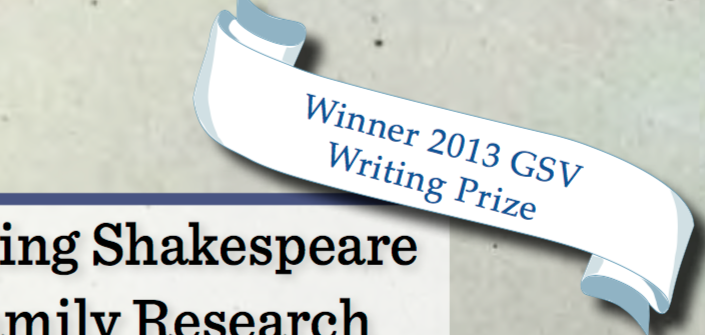
But you don't need murder to make for an interesting story. It is a writing prize. So use this year's GSV Writing Prize as a prompt for you to capture the story you have been researching, but never quite written up.
***
This year we have extended the eligibility criteria, enabling more people to enter, and made some changes to the judging panel. Full entry details and conditions can be read on the GSV website at https://dev.gsv.org.au/gsv-writing-prize
Purpose of the Prize
- to encourage the writing of family history
- to provide an opportunity for recognition and publication
- to publish the winner as an example of quality family history writing
The article should:
- have a family history / genealogy theme
- be the author’s own original work
- not have been previously published in any format, or be under consideration or accepted for publication by any other publication
- be between 1200 and 2400 words (not including title, image captions, endnotes and sources).
- contain citations of sources
The Prize
We are very pleased to announce that Ancestry™ is again generously sponsoring the competition with an enhanced first prize of a 12-month subscription to their Worldwide Membership and an Ancestry DNA test kit.
Eligibility
The competition is open to GSV Members and all members of GSV Member Societies.
Members of the Ancestor Editorial Team, the judges, GSV staff and the winner of the previous year’s prize are not eligible to enter.
The winner will be announced at the GSV’s Annual General Meeting in October and the winning article will be published in the December 2019 issue of Ancestor journal.
Not only will your family read your story but it will be published and hence discoverable in our wonderful State and National libraries by future unknown descendants in years to come.
***
IMAGE CREDIT
Photo of Adam and Elizabeth Elphinstone from 'Elphinstones: Pioneer Farmers in Northern Tasmania', Elphinstones Committee, Launceston Tas, 1988? courtesy of Helen Pearce.


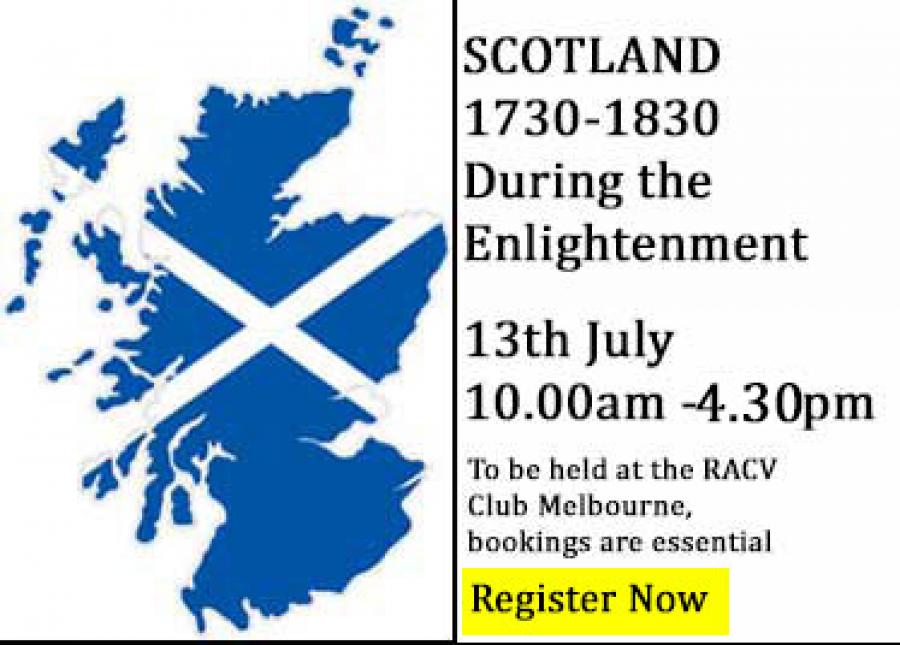
 Liz Rushen has written a number of books in this area and you can see more about them at her website
Liz Rushen has written a number of books in this area and you can see more about them at her website 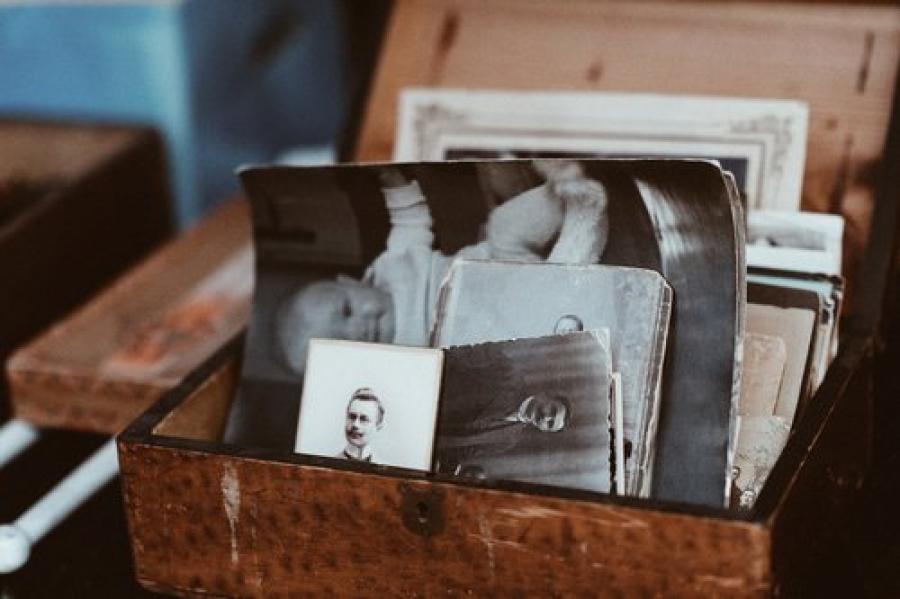
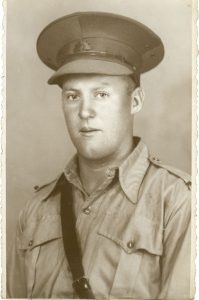 WO1 William Scott Heywood, 1941. (Photo courtesy of Doug Heywood)
WO1 William Scott Heywood, 1941. (Photo courtesy of Doug Heywood)

